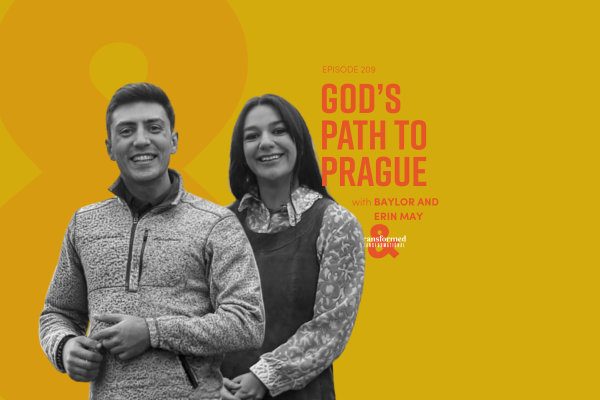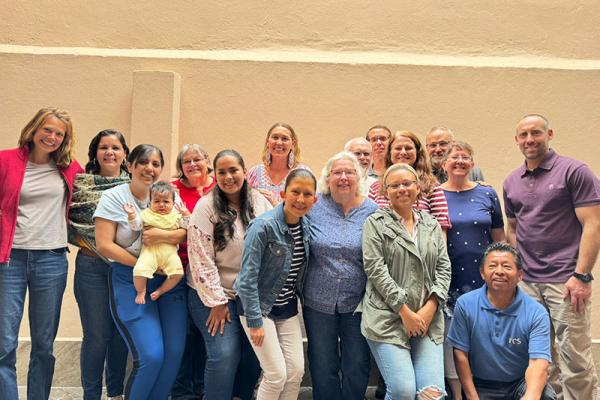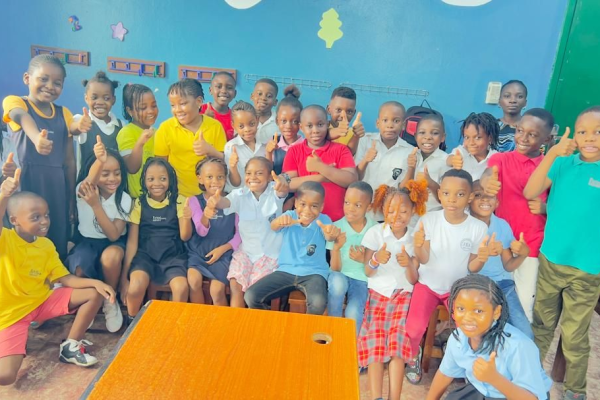Beyond Borders Develops New English Curriculum for Refugees

While there are far fewer refugees on the island of Lesvos than there were at the height of the immigration crisis, there are still hundreds of refugees living in camps on the small island in Greece. While these men, women, and children wait for a permanent residency, they are often lacking in areas such as work, housing, and education. One team of Beyond Borders educators are working to help these refugees by developing a new language curriculum.
The Beyond Borders’ Educational Programs Team is currently working on a curriculum development project to develop an English as a Foreign Language (EFL) curriculum that specifically caters to the needs and situation of the refugees in Lesvos. As there are no curriculums in the EFL world that specifically offer this type of resource, this project is unique, including full illustrations that are being drawn by David Shimp, a TeachBeyond and Beyond Borders’ member.
Givorgy Kraskoff, a TeachBeyond member, had the chance to visit Lesvos to see the new curriculum as experienced by the refugees living there:
"I happened to be able to visit our project on Lesvos this past February, and directly saw the curriculum being used, as well as our teachers and volunteer staff being trained on how to implement and use the curriculum. It focuses heavily on principles of trauma informed educational practices. Given that we are working alongside and serving individuals who are facing significant trauma, this is an important factor we are wanting to consider and address by the programs being developed and delivered by Beyond Borders."
The Beyond Borders team is still working on finishing the first phase of the curriculum, which would be a complete A1 (basic language conversation and elementary vocabulary) curriculum for English as a Foreign Language. The workbook will have 20 units total and encompass roughly 196 hours of classroom time. We are thankful for the work of the Beyond Borders team, as they find new ways to reach those who are most in need.



